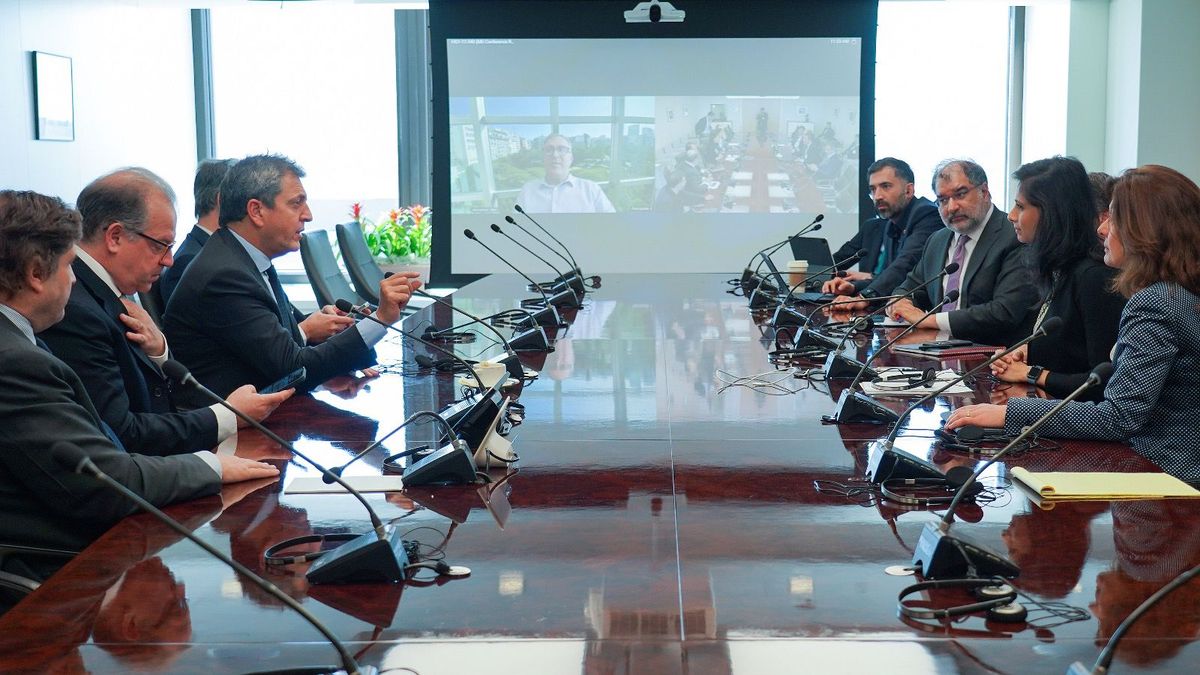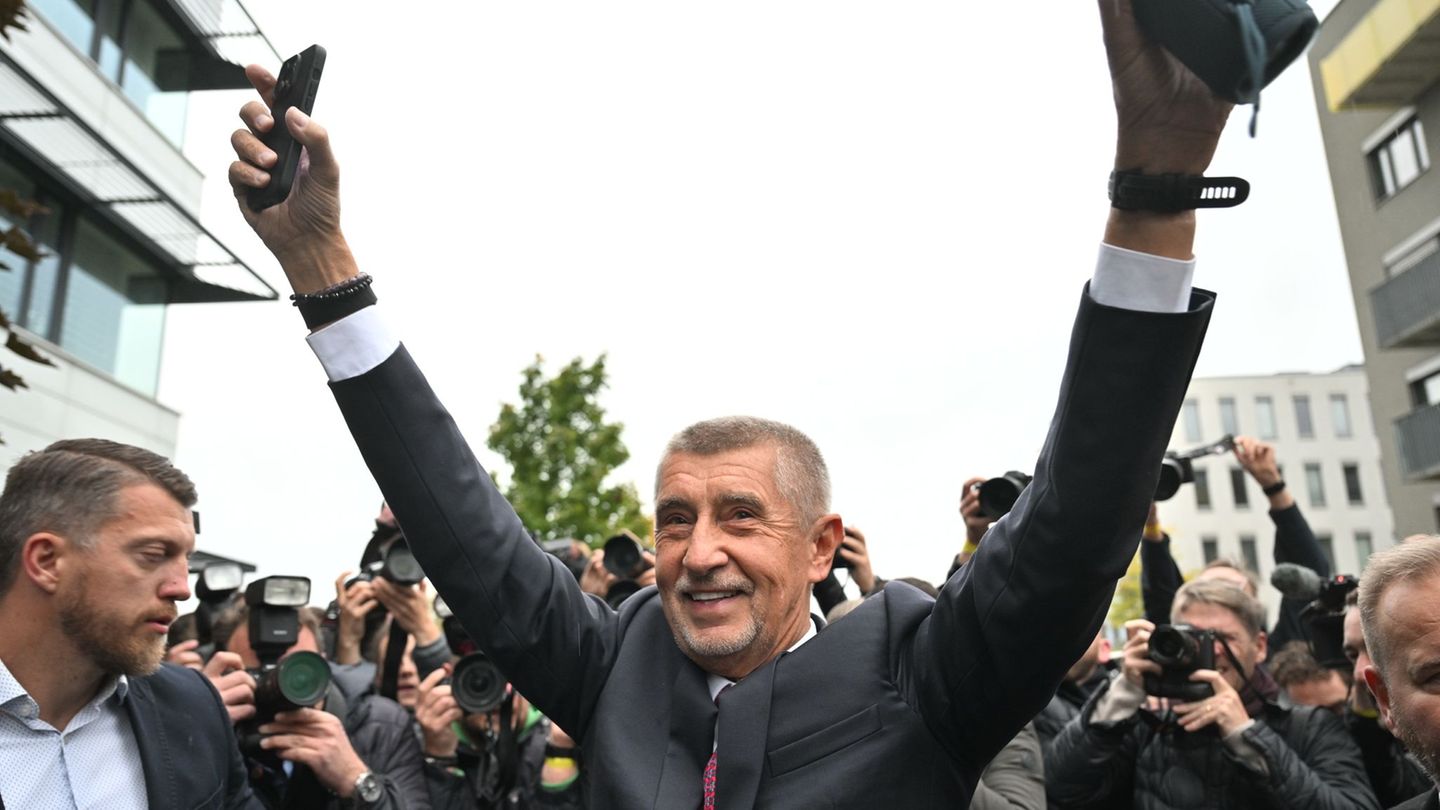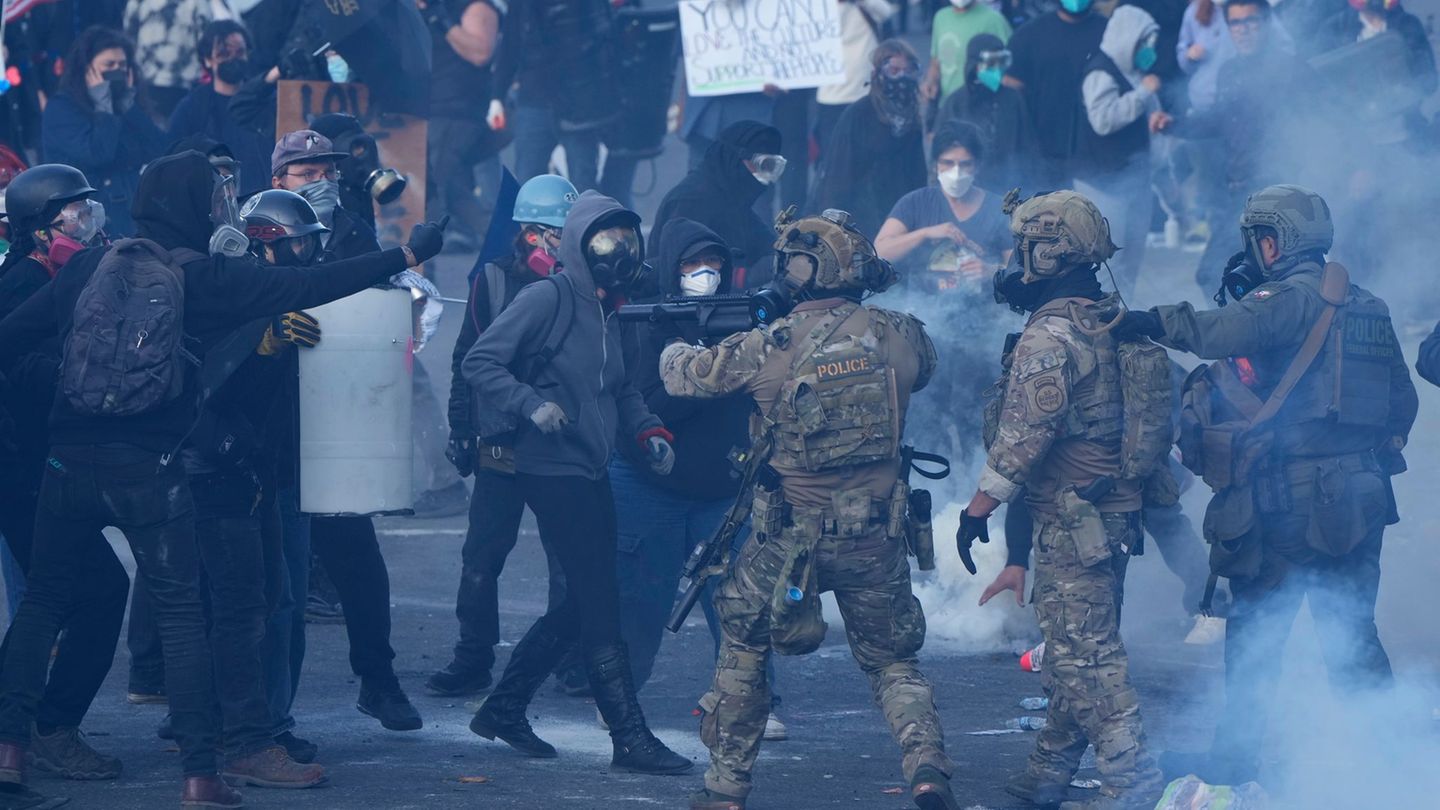In the midst of tough negotiations, the mission that Vice Minister Rubinstein was to lead was once again postponed. Key hours for the new agreement.
He Ministry of Economy once again postponed the sending of the mission to Washington whose objective was to finalize the details of the new agreement with the International Monetary Fund (IMF)in the midst of tough negotiations between the parties.
The content you want to access is exclusive to subscribers.
In principle, it was scheduled that the Argentine entourage would leave this Tuesday night for the US but, once again, the trip was postponed.


The group that would travel to the North American capital was to be made up of the Vice Minister of Economy, Gabriel Rubinstein; the chief adviser, Leonardo Madcur; the second vice president of the BCRA, Lisandro Cleri; and Jorge Carrera, one of the directors of that entity.
When it finally travels, the official delegation will continue the discussions with the organization’s technical staff, which until now have been held virtually, with a view to reformulating the Extended Facilities program and seeking to unlock the arrival of the IMF disbursement, key in times of currency shortage.
From the economic team they explain that the agreement “continues to be negotiated, progress continues.”
The Government seeks to reformulate the Extended Facilities program, with new macroeconomic guidelines for the second semester that consider the harsh impact of the greatest drought in the last hundred years in terms of foreign currency income and collection by cutting around US$20 billion agricultural exports forecast for this year.
In addition, the discussion also includes the request to increase the amount of the next disbursement above the amount originally scheduled for this review and the possibility of using a part to maintain exchange rate stability.
The truth is that, in the final stretch of the negotiation, the discussion became tense with a Fund staff always prone to putting their classic macroeconomic recipe book on the table. It was Massa, for instance, who revealed at the inauguration of the President Néstor Kirchner Gas Pipeline that in December the agency had asked him to stop the work, something to which the minister refused.
Source: Ambito




